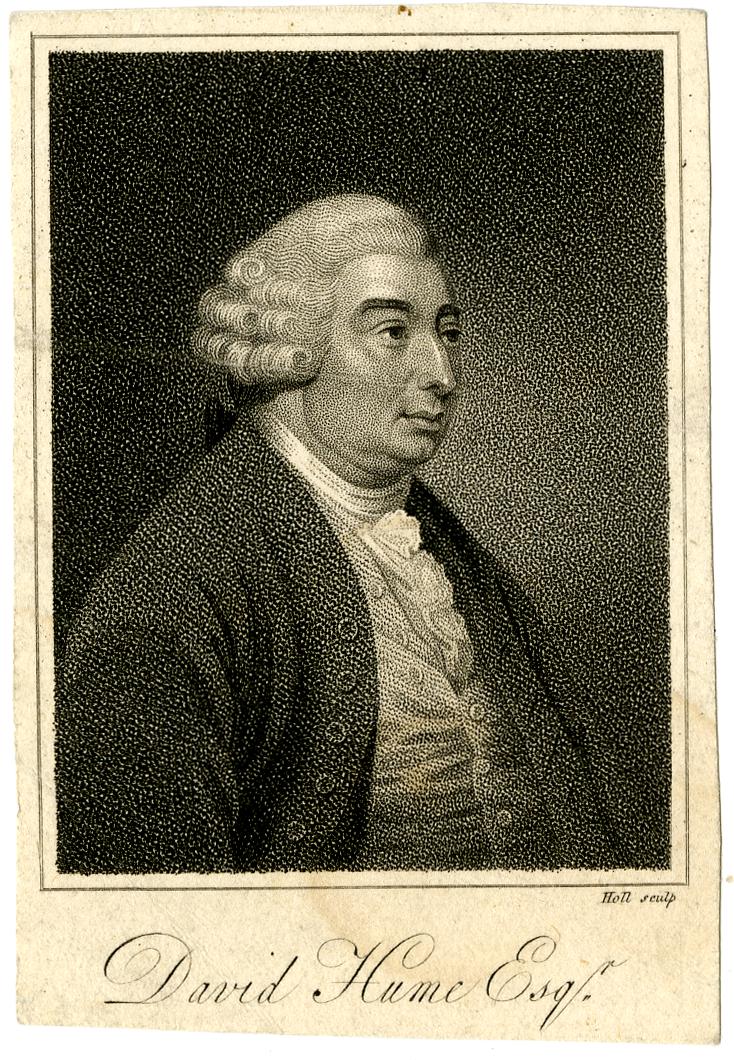Liberty Matters
Finding Fault with the Default Theory
 Nicholas Capaldi quite correctly observes that, short of appealing to a highly contestable theology or metaphysics, we cannot establish a definition of liberty that tells us when liberty has been honored or breached, or when individuals or governments have acted coercively. And he notes very candidly that this creates certain problems for the partisans of liberty, for there is no foundational view or theory to which they can appeal in defending liberty. So far, so good.
Nicholas Capaldi quite correctly observes that, short of appealing to a highly contestable theology or metaphysics, we cannot establish a definition of liberty that tells us when liberty has been honored or breached, or when individuals or governments have acted coercively. And he notes very candidly that this creates certain problems for the partisans of liberty, for there is no foundational view or theory to which they can appeal in defending liberty. So far, so good.But he then goes on to say that the proponents of liberty do nonetheless have a resource up their sleeve: liberty is "the default position," and the onus is on those who would curtail liberty to justify their actions—for example, by showing that not curtailing liberty would be harmful. I do not think this claim is defensible. Nor do I think it is a claim that is within the spirit (or the letter) of Hume's writings.
Given the assumption that liberty cannot be defined in a way that is not contestable (or, I assume Capaldi would acknowledge, question-begging), it is hard to see how any proponent of liberty could put the onus of justifying a curtailment of liberty on anyone without first claiming that the act of curtailment in question is a curtailment of liberty. Should the alleged curtailer simply deny that the act in question is a curtailment, or deny that it is a curtailment of liberty, what is the proponent of liberty to do other than to assert a particular definition of liberty? What the proponent of liberty cannot do, however, is tell the person alleged to be curtailing liberty that the definitions with which he is working, in demanding the other respect "liberty," is a definition the other must accept. After all, that definition, as we have agreed, will be contestable. Liberty cannot be the default consideration when there is no default definition of liberty — or of curtailment, for that matter.
But even if the definition were agreed on — let's say because in the background is a set of common understandings of what are the most important liberties in the society — there is no reason why anyone who would curtail liberty in some way must accept that it is the default. Why not say that stability or peace is the default? Or justice? Hobbes took the view that peace was more important than anything else and that its preservation required the upholding of the absolute authority of the law. Obedience to the law was the default and liberty something to be enjoyed when the law was silent, such that some actions were not forbidden. In this accounting, certain liberties might exist, but there is no reason to believe that their status must be that of default entitlements.
Now it may be that Capaldi is saying that in certain societies liberty is the default. In some societies, for example, he says, there is a "presumption of innocence." I'm not sure this helps. I do not think there are any societies in which liberty is the default, though there are some where liberty understood in certain terms, or liberties defined in particular ways, have very strong presumptions in their favor. Even then, they are often violated. In the United States, government authorities routinely confiscate property and place the onus on the dispossessed to prove the absence of a tax liability. Nor is it the case that the in-principle existence of a presumption of innocence illustrates that some societies make liberty the default. The presumption of innocence is a doctrine to be found in numerous traditions and is explicitly endorsed in the constitutions and legal systems of countries as diverse as Japan, Iran, Turkey, India, Indonesia, and Cambodia, as well as the nations of the modern West.
There is nothing in Hume, in my reading, to suggest that he thought liberty was the default position or that the onus was always on those who would curtail liberty to justify doing so. Though he was surely no Hobbesian, he was far from sanguine about the idea that liberty was the foundation stone of a good society. The foundation was authority.
Capaldi's reading of Hume, and presentation of the issue at hand, to my mind, reflects a certain Oakeshottian style of thinking at which Capaldi has hinted on several occasions in his original essay and the subsequent intervention. Much as I admire Oakeshott as a thinker, however, I do not think this illuminates Hume. I am not even sure if it offers us the understanding of modernity Capaldi wants to defend. But this is a matter for another post.
Copyright and Fair Use Statement
“Liberty Matters” is the copyright of Liberty Fund, Inc. This material is put on line to further the educational goals of Liberty Fund, Inc. These essays and responses may be quoted and otherwise used under “fair use” provisions for educational and academic purposes. To reprint these essays in course booklets requires the prior permission of Liberty Fund, Inc. Please contact oll@libertyfund.org if you have any questions.